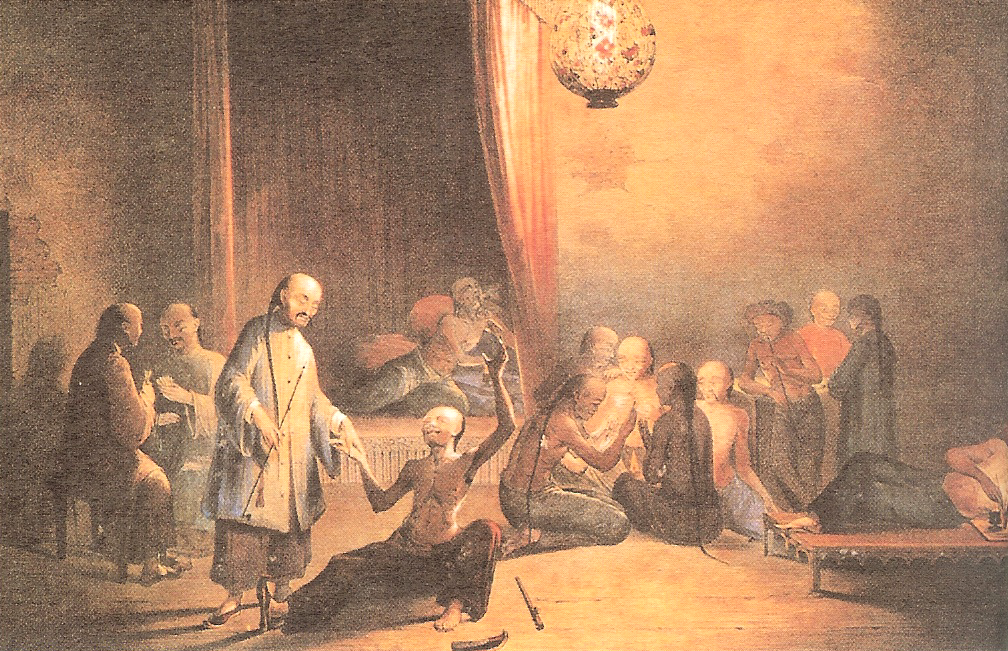This comes as drug-related deaths in Scotland reached an all-time high of 1,187, the highest of any EU country. However, The Home Office said it had no plans for legalisation, stating that it would not eliminate crime associated with the illicit drug trade. But the Home Office are wrong to dismiss the view so readily: I’m not saying drugs should definitely be legalised, but I certainly see the worth of the arguments in favour.

It’s all well and good saying that people shouldn’t do drugs: yes, they shouldn’t. Everyone knows they do harm (but hats off to you if you’ve ever heard anyone promoting ket’s health benefits). Despite this, people have done drugs for centuries past and they will for centuries to come, from the rich to the poor, young to old. Making drugs illegal has not made a difference. People who want to do them will have access to them whether they’re illegal or not, and those who don’t want to won’t suddenly have a change of heart because they’re legal.
Making personal possession legal stops drug addicts being criminals, and turns them into people who simply need medical help. It will also reduce the stigma around problems with drug use so more people will seek treatment, hopefully lowering addiction rates.
Portugal decriminalised personal possession of all drugs back in 2001, and has since seen dramatic drops in overdoses, HIV, drug-related crime and incarceration rates.
Locking up drug offenders wastes government resources and money that could be directed towards chasing the top of the drug chain
Legalisation would mean that a boy caught with drugs on his night out won’t have a permanent record on his system, whilst all his equally guilty friends get off scot-free, as is the case currently. As it stands now, if you're caught with class A drugs (like MD or cocaine), you could get up to seven years in prison. That’s seven years of wasted government resources, and money that could be directed towards chasing the top of the drug chain.
Legalisation reduces the dangers surrounding drugs
Hopefully, legalisation of a personal supply would also help encourage greater awareness of the dangers involved. Because drugs are illegal, we just don’t talk about them, and there’s minimal education. Many of the dangers surrounding drugs can be prevented if users knew better, from how to take ‘safer’ dosages to how to combat the effects.
But to be honest, I’m not surprised the Home Office shut down the proposal for legal drugs so quickly: a lot of the cocaine-sniffing elites probably like the danger.